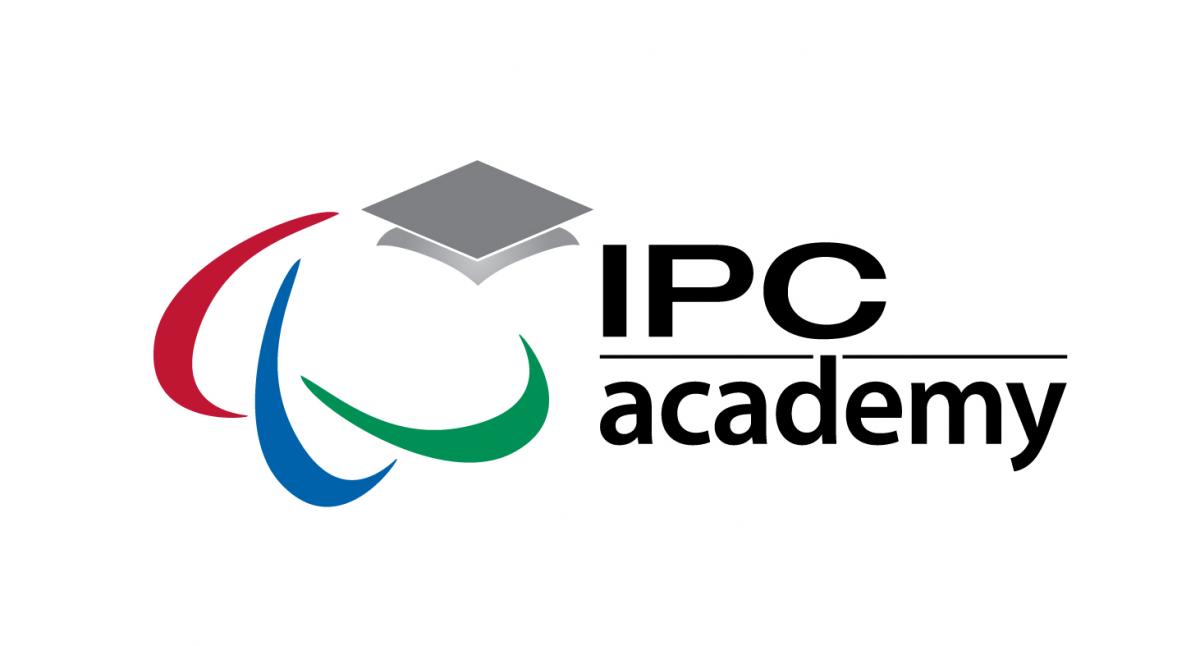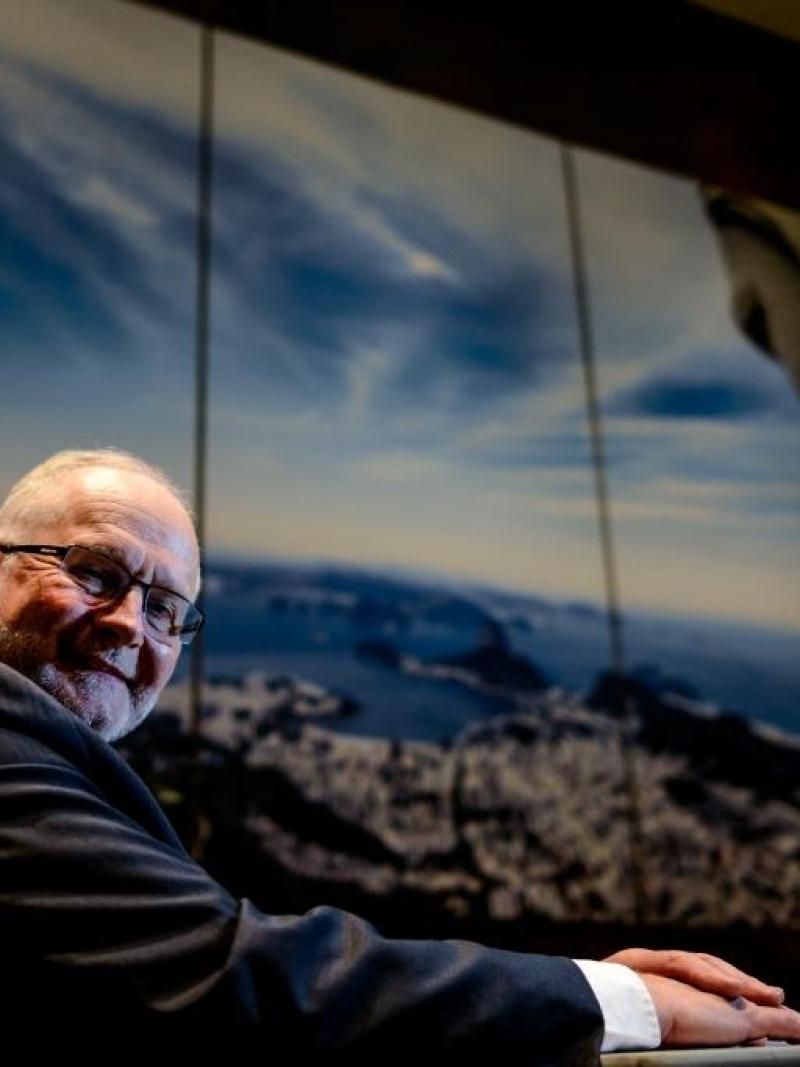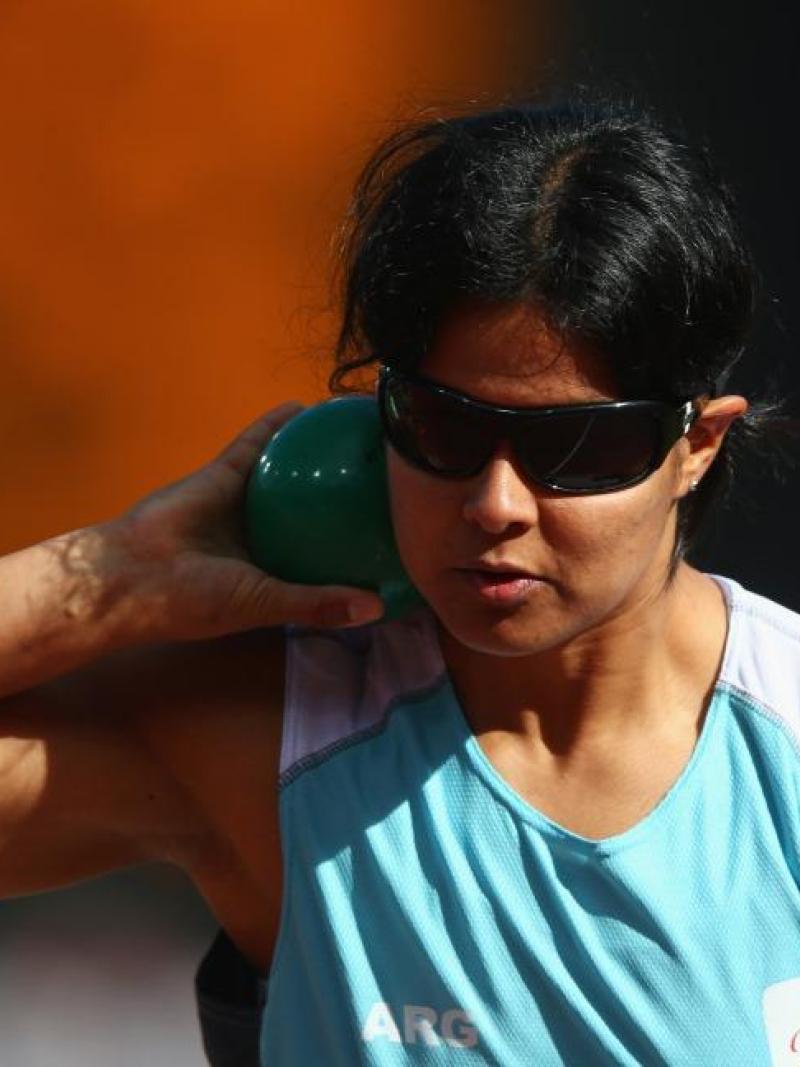Q&A with IPC Academy Campus’ Mick Donovan
The Deputy Pro Vice Chancellor at the University of Worcester will speak during at the Campus’ Games Experience Programme session. 01 Sep 2016
"Those funding and creating the new buildings need to realise that it is much more inexpensive to be inclusive in the first phase of building..."
The 2016 IPC Academy Campus will be held in Rio de Janeiro, Brazil, from 6-17 September. Mick Donovan, Deputy Pro Vice Chancellor at the University of Worcester, will share his insight on the importance of inclusivity. Donovan, who will be speaking at the Games Experience Programme which is part of the event, spoke with the World Academy of Sports (WAoS).
WAoS: Why did the University of Worcester want to be involved in the IPC Academy Campus?
Mick Donovan (MD): Clearly, we were aware of the reputation of the organisation and have seen the impact that some of the IPC Academy Campus’ programmes have. We realised that there was a great deal of synergy with the work that we undertake at the University of Worcester, in terms of educational and inclusive values.
Who is speaking on the University of Worcester’s behalf during the Games Experience Programme and Inclusion Summit at the Campus and what will they be speaking about?
MD: I will be delivering a lecture during the Games Experience Programme that will focus upon the case study of the University of Worcester as a truly inclusive ‘University for Sport,’ with particular reference to a meaningful legacy after the Paralympic Games in 2012. David Green, our Vice Chancellor and Chief Executive, will participate as a panel member for the Inclusion Summit and will share the University of Worcester’s experiences and perspective of how the Games and inclusive sport have helped to develop the philosophy of the wider university.
How important is the subject of inclusivity to the University of Worcester from your internal perspective?
MD: This spirit of inclusion is exemplified by the University of Worcester Arena. The Arena is the first mass-participation indoor sports arena in the UK designed to include wheelchair athletes. … We became the first university to host the European Wheelchair Basketball Championships, at which Worcester student Sophie Carrigill captained the Arena-based GB women’s team to bronze, qualifying along with the men’s team for the Rio Paralympics. There are a significant number of students and staff who receive support as elite athletes while pursuing their careers or study pathways; we have several Para sport university teams and are currently British University Wheelchair Basketball champions.
How is the subject of inclusivity taught within your academic environment and how popular has it been?
MD: In 2012, the University of Worcester introduced the UK’s first degree in Coaching and Disability Sport BSc (Hons), which is now attracting a substantial number of high achieving applicants who wish to develop their knowledge and understanding in this field while also aspiring to make a difference as a coach or teacher. This initiative drew praise from David Willetts, the UK’s Minister of State for Universities and Science, at a national UK conference, post-London 2012 Games. Significantly, more than 300 students from other degree courses are currently studying at least one module related to inclusion/disability sport coaching.
What trends are you seeing globally regarding inclusivity? Do you think academic institutions are better at embracing inclusivity generally? And is the sports industry better at being inclusive than other industry sectors in your opinion?
MD: Clearly, there is a trend, in that many existing sports buildings are undergoing basic adjustments but we need to ‘get it right’ in the early stages of new builds. Those funding and creating the new buildings need to realise that it is much more inexpensive to be inclusive in the first phase of building than returning years later to make adaptions to facilities that are already being used.
In my opinion, I do believe that the sports industry is better at being inclusive than most other industry sectors and that may well be down to the profile of sport generally, which indicates that there is indeed a significant responsibility for Paralympic sport to continue to drive the inclusive agenda and to be true ambassadors.
There has been some progress in universities in the UK in terms of developing an inclusive culture and we are certainly committed to that at Worcester; we realise that we are ahead of many others but certainly recognise the need to continue to challenge our thinking. Many universities are beginning to tackle the challenge and we are seeing an increase in students taking part in inclusive sport, but again, more needs to be done.
What would be your advice to any organisations looking to improve their inclusivity policies and procedures?
MD: There has to be partnership with professional advisors and the users (coaches, administrators and athletes) at all stages of any programme development, which may include facility design, writing procedures, growing participation or improving the performance of athletes. A successful stage of our Arena design process was the meetings with the Para sports groups and their athletes to receive their thoughts and considerations, before we confirmed the final structure – this simple task, must not be underestimated and is certainly something that we will continue to do when planning for new buildings and sports facilities in the future.
There are many examples of good practices around the world that are sometimes isolated, and if we can share ideas and bring all of the innovative practice together, we can influence a change in thinking.
The IPC Academy - the educational division created in 2009 as a partnership between the International Paralympic Committee (IPC) and the World Academy of Sport (WAoS) – the 2016 IPC Academy Campus is a unique event-based learning initiative that gives stakeholders of major sports events the chance to learn from their peers during the Paralympic Games.
Further information about the IPC Academy Campus can be found at www.ipcacademycampus.com.








